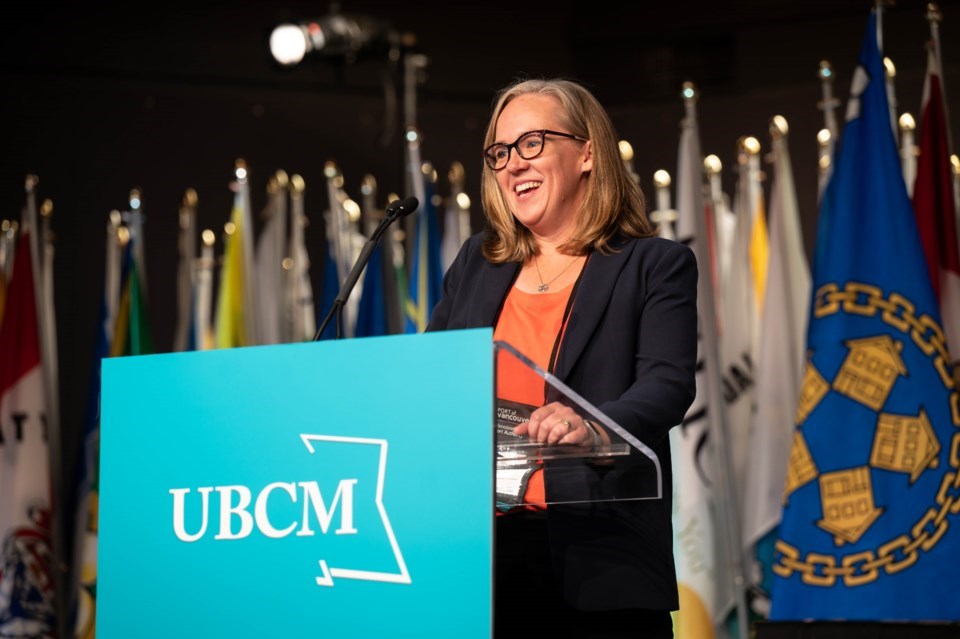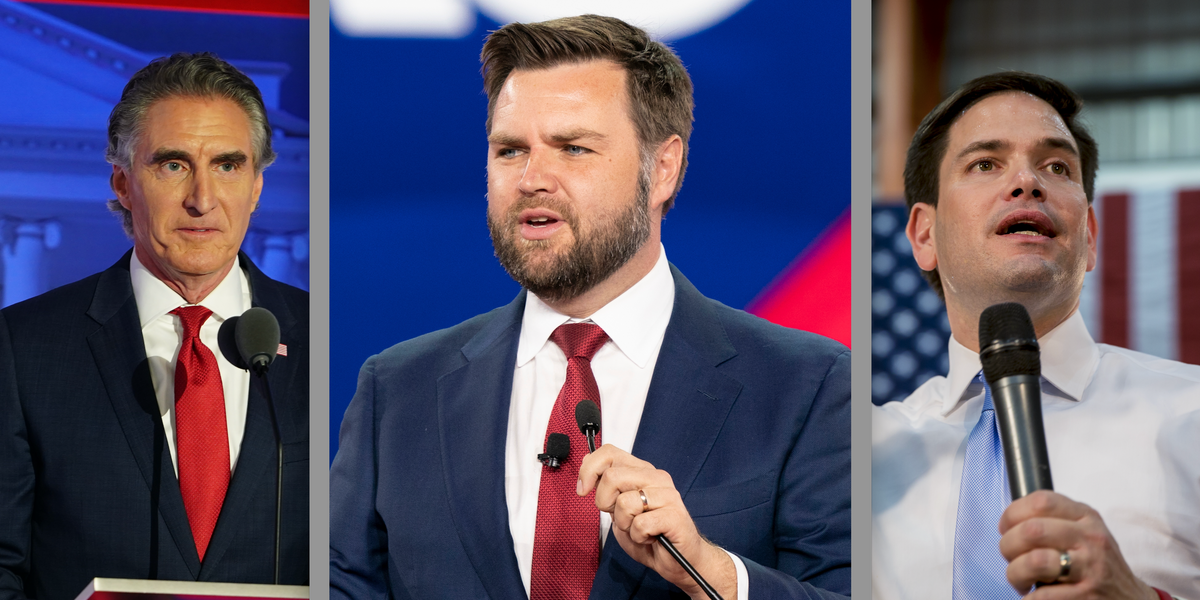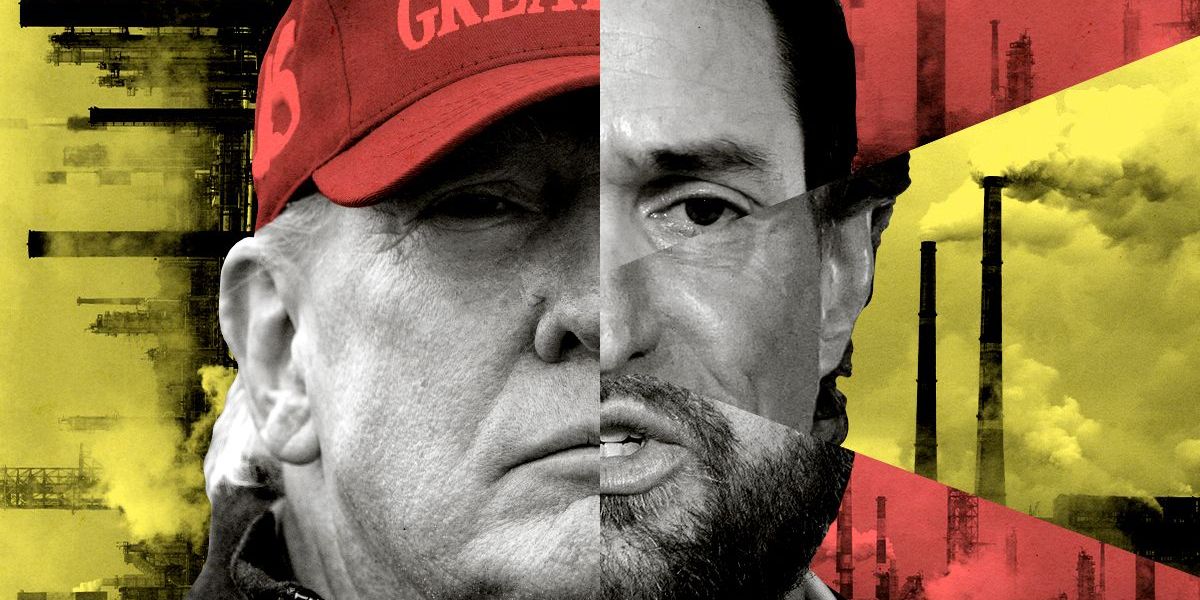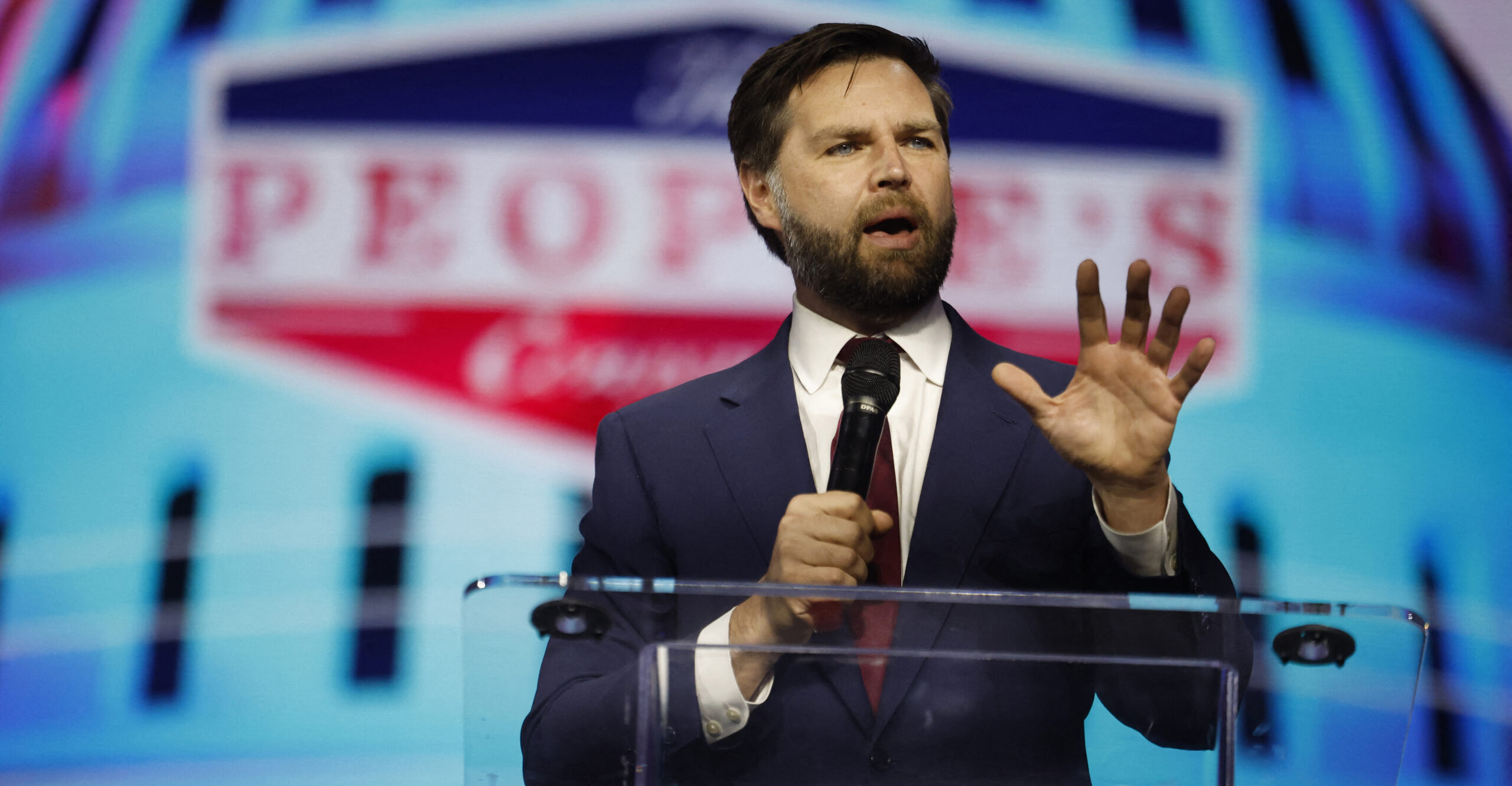
Whistler councillor has served with the Union of BC Municipalities for more than five years
Whistler Councillor Jen Ford is a month (and change) into her last year serving on the executive of the Union of BC Municipalities (UBCM), having recently become “past president” at the September UBCM Convention in Vancouver.
Ford was elected UBCM president last September. But what does a past president do in an organization like UBCM? Quite a bit, Ford explained.
“The past president serves as the institutional memory,” she said.
For the next year, Ford will advise the sitting president; will represent UBCM at the Federation of Canadian Municipalities (FCM); and will retain chair roles on various UBCM committees, both because of her experience and a major shake-up of the UBCM executive following last year’s municipal elections.
Typically, the UBCM president serves three years prior as one of three vice presidents, starting as third VP before moving up the ladder each year. In 2022, two UBCM VPs lost campaign bids in their home municipalities, meaning the current president, Coun. Trish Mandewo of Coquitlam, was first elected as third VP only last year before being acclaimed as president at last month’s UBCM Convention.
For Ford, the next year will serve as an off-ramp from her time with UBCM. She said she learned a lot and was proud of the work done, but going back to the beginning, she originally joined UBCM to apply certain skills from her previous career.
“[In] my previous career, I was in conference services. So UBCM was actually my client in 2008,” she explained.
“When I started to see the link between UBCM and local government and Whistler, I thought I could use that skill to help them with conferences, and I already knew the lay of the land here in Whistler. That’s why I originally put my hand up.”
Five years later, she acknowledged how UBCM does a lot of heavy lifting when it comes to helping new politicians get their bearings, and local governments making their voices heard.
For her part, Ford highlighted progress made on childcare and the work local governments have done to apply codes of conduct among her proudest achievements—two files she stressed she could not take credit for, but played a hand in developing.
UBCM successfully lobbied for the oversight of childcare in B.C. to move from the Ministry of Children and Family Development (MCFD) to the Ministry of Education—an effort Ford said has given the issue the space and attention it needs.
“When it was in the [MCFD], it was not getting the profile, because they were dealing with kids that were aging out of foster care and the childcare file was very small,” Ford said.
“I think it has given it the profile that it didn’t have before.”
Childcare formally became the responsibility of the renamed Ministry of Education and Childcare in early 2022, and thousands of new childcare spaces have become available thanks to more funding and attention.
An item more on the housekeeping side of municipal politics is the application of codes of conduct to local councils. The province now requires local governments to consider whether to establish a code of conduct within six months of a municipal election.
“It isn’t as strong a language as we had hoped for, but it was better than nothing,” said Ford, who said bad-faith behaviour within councils around the province had been a building issue over time, requiring UBCM to step in to advocate for best practices.
The legislation introduced in 2021 is sticky for local governments, requiring new councils to consider establishing a code of conduct or review the existing one. If there is no code of conduct and they decide not to establish one (or review the old one), they have to have good reasons why.
“It gives [codes of conduct] the profile that it requires,” said Ford, who explained both local governments and the candidates who consider running for office needed to think about how they govern behaviour and relationships.
“How we do the work we do is as important as what work we do. Because, as we’ve seen, there’s a lot of conflict out there in councils,” she added. “We’ve had really good councils that I’ve been a part of—we’ve had great professionalism, great teamwork. We don’t always agree but we do it respectfully … [but] some of my colleagues on the board have worked on councils that have been super dysfunctional.”
Ford has a little under a year to go before she wraps up with UBCM, but she said she’d do it all again.
“I loved every minute of it,” she said.
Going forward, Ford said UBCM has heard from local governments that they want to see the province step up with local health support, including more input on “wraparound care” for people seeking rehabilitation from illicit drugs. While the provincial pilot program on the decriminalization of some drugs was welcomed, Ford said local governments wanted more provincial supports behind the program.
“It needs to come with all the support required—transitional housing [and] mental health supports are the two big ones that local governments have been asking for, and I think we’ll get there,” she said. “it’s just a process of time and continued advocacy.”
https://www.piquenewsmagazine.com/local-news/as-she-moves-on-from-president-role-jen-ford-looks-back-on-her-ubcm-years-7810422






